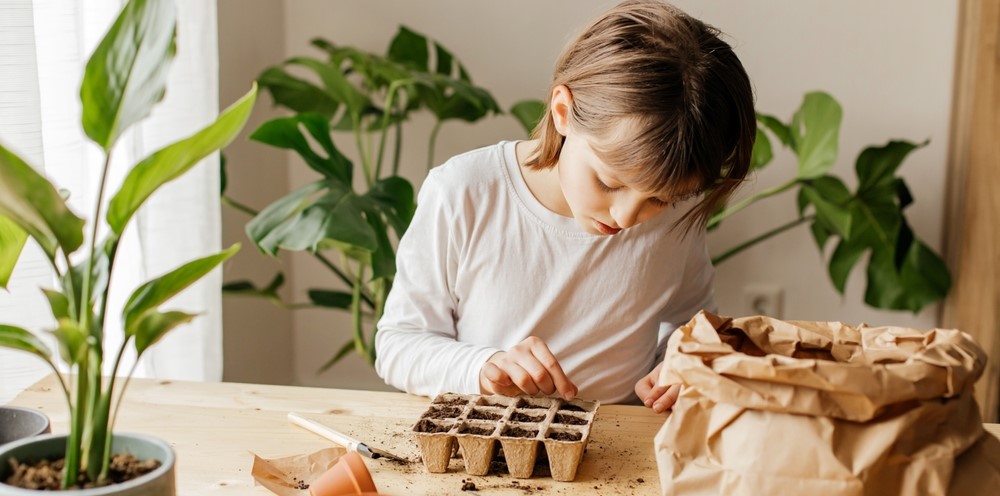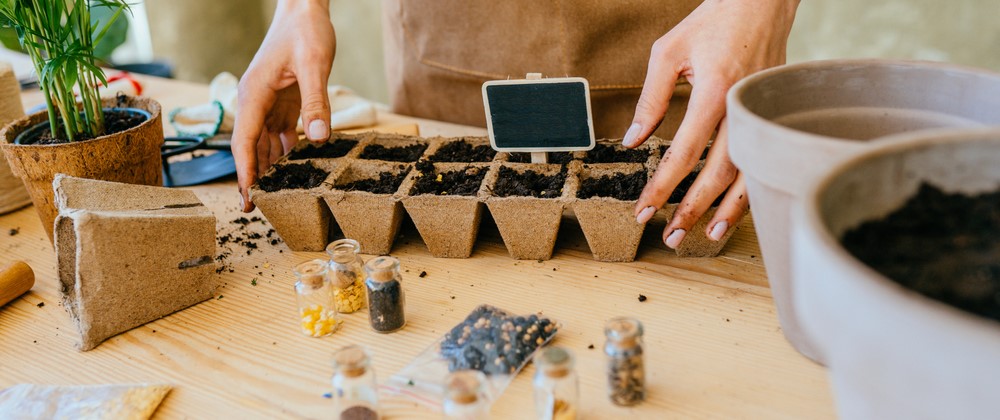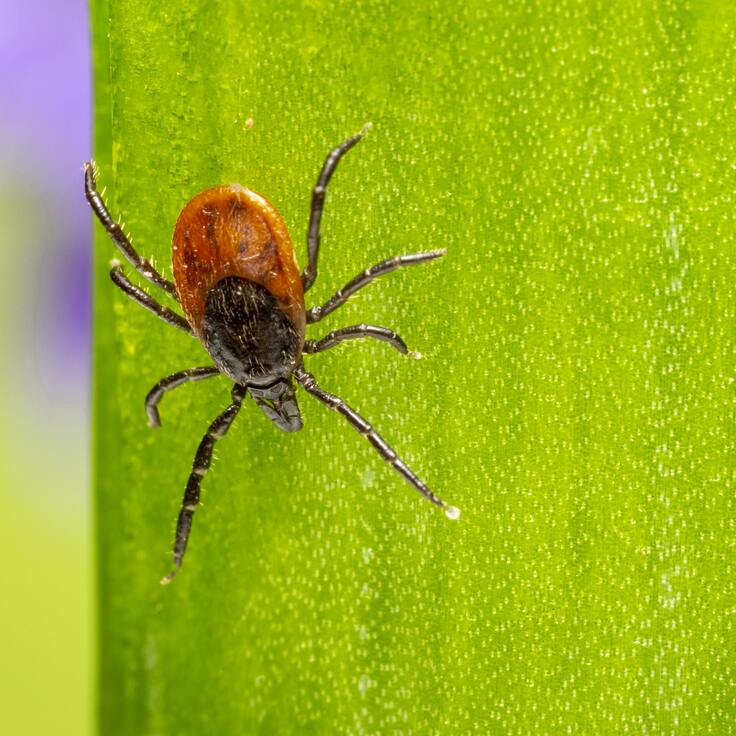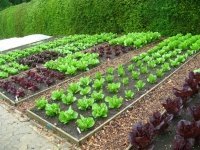How Gardening Can Be Incorporated into School Curriculums
The inclusion of gardening as part of the school curriculum is on the rise. This creative activity lets the students interact with nature. Gardening increases knowledge in the field of biology. It also enhances important life skills. Mutual cooperation and accountability are enhanced. Gardening is a good concept that schools can include in their teaching approaches. This will assist in the accomplishment of students academic dreams. Cultivating a green future is a goal that will be realized. Let us see about the inclusion of gardening into the curriculum of the school. This is a step in the right direction. It leads to environmental education and improved quality of education.

Holistic Benefits of School Gardening
Gardening is necessitated by the need to help students gain knowledge and skills in plant growing and maintenance. These skills are relevant in the classroom and out of the classroom. When a school gardening curriculum is included in education, it helps to improve the health of students. They grow more focused and curious to gain knowledge. Gardening incurs students into thinking about issues such as sustainable practice. They start to realize that they play a great part in the preservation of the environment.
Gardening projects may be noted on students' personal statements when applying to college. Seeking application writing help from a professional personal statement writer can highlight such projects by showcasing the student's skills and interests. This demonstrates their commitment to sustainable development and personal growth. These projects significantly improve a student's profile. They demonstrate his practical skills and interest in environmental issues.

Gardening is a great activity. Schools can easily organize and integrate it into students' daily lives. This helps students complete their academic assignments. It also plays a key role in creating a successful love life. By introducing gardening into schools, students can achieve environmental education goals. Students receive expanded information. This promotes thought process and additional abilities that will be needed in the future.
Educational Benefits of Gardening
Practical training
Gardening can be an effective teaching tool. It gives students the hands-on experience that most classrooms lack. Additionally, through interaction with soil and plants, students have the opportunity to learn about life cycles in nature. This direct interaction helps redefine key concepts in science. And also understand concepts such as photosynthesis, ecosystems and biodiversity. This hands-on learning approach, fostered by gardening, often requires students to juggle educational commitments with their new practical skills. For those finding it challenging to balance these demands, external academic support can be invaluable. In this matter paper writing service provide professional assistance with homework, allowing students more time to focus on practical gardening activities. This not only enhances their understanding of scientific processes like photosynthesis, ecosystems, and biodiversity but also enables them to apply these concepts actively in their garden projects.
Science and nature
The garden classroom is known as a place where learning takes place while children are in a natural environment. These spaces are used by teachers to demonstrate ecological and botanical theories. There they can be seen in the form in which they are implemented. It also makes learning a dynamic process that is not easily forgotten. For example, it is easy to explain the concept of pollination after students have closely observed bees or studied soil chemistry through pH testing. The study also found that eighty percent of schools with modern garden classrooms had higher student achievement. The learning process becomes more vibrant. This promotes productivity in terms of achieving goals and objectives. When the class physically interacts with the environment, they seem to learn better than when reading books.
Development of personal and social skills
Gardening tasks often require students to work in teams. This promotes a sense of community and cooperation. Moreover, taking responsibility for caring for a living garden helps develop a sense of responsibility and pride in your accomplishments. These experiences are valuable for developing personality and interpersonal skills. Research shows that 70% of schools with gardening programs see improvements in students' social skills. Gardening together strengthens relationships and increases self-confidence. Students learn to support each other and work for a common result.
Practical advice for teachers
Creating a garden requires planning and commitment. Schools should start by allocating suitable open space that receives sufficient sunlight. Involving students in the planning process can increase their interest and investment in the project. Additionally, sourcing local plants and materials can also teach students about local flora and sustainability.
Regular maintenance is critical to the success of a school garden. Educators can include gardening in the school curriculum. They can assign different classes to take turns tending the garden. This not only helps distribute the workload. But it also ensures that all students have the opportunity to participate in gardening activities throughout the year.
Gardening can be integrated into various subjects beyond science. For example:
- In math lessons, garden plots can be used to teach measurement and geometry. This can be done by planning the layout of the garden.
- In history lessons you can study the origins of various plants. And connect them with cultural studies.
- In art classes, students can draw plants and flowers to develop their creativity.
- In literature classes, students can write essays about their gardening experiences. And improving their writing skills.
These teaching strategies gardening study make learning more varied and interesting. It helps students better understand the material through hands-on activities.
Involving all ages
Younger students can benefit from simple activities. This could be planting seeds or learning about different types of plants. These activities are intended to enhance their observation. They familiarize children with some of the fundamental biological principles.
Older students can participate in more complex projects. For example:
- sustainable garden design
- studying the influence of climatic conditions on plant growth
- conducting experiments with fertilizers
- soil analysis
As such, such projects contribute to increased and improved scientific understanding. The universities equip students for further learning in ecology and biology. These activities enhance critical thinking and problem solving skills. The advantage of this model is that students acquire practical experience that will benefit them in their future careers. This, of course, can be beneficial for the formation of a person and his career advancement.
Transforming education through school gardening
The notion of incorporating gardening into the curriculum goes beyond a mere education fad. Hence, it is a universal tool. It promotes academic achievement, personal growth and gives a respect for the natural world. Thus, schools contribute to the positive experiences when they implement garden-based learning. This is helpful in the creation of a better and environmentally friendly world. This method can be adopted by teachers to transform the learning environment. It will also enhance the learning experience of learners. Incorporation of gardening into schools is a significant approach towards education for the environment and the improvement of education.








